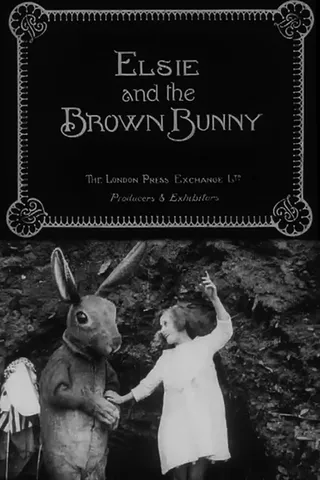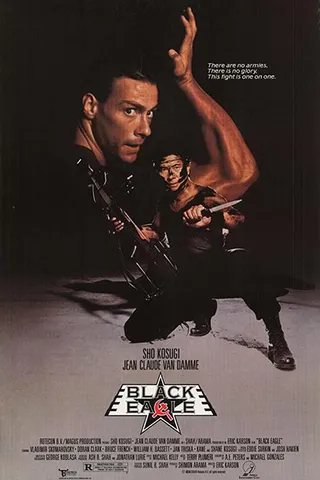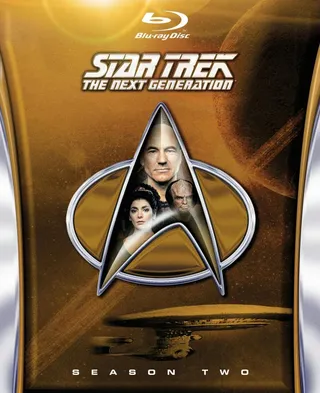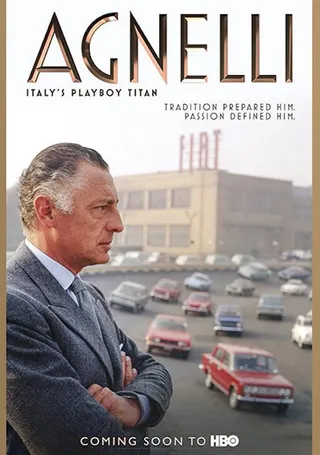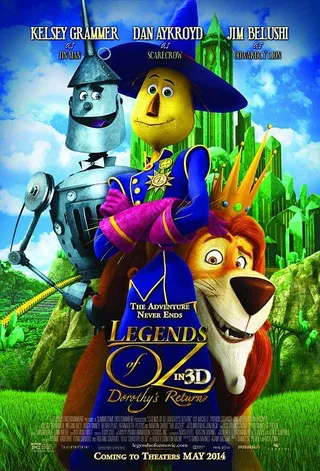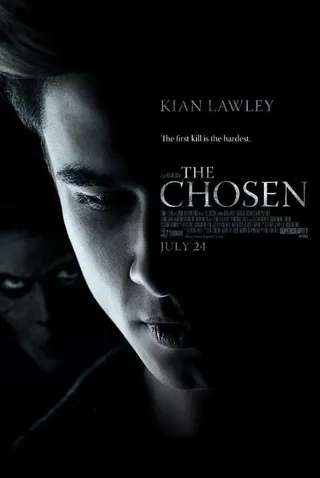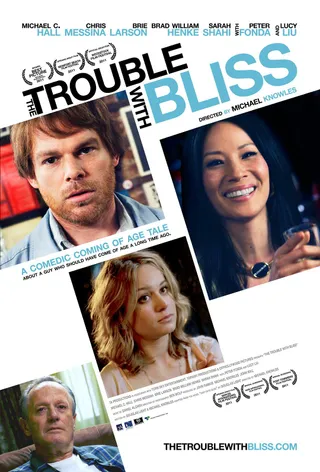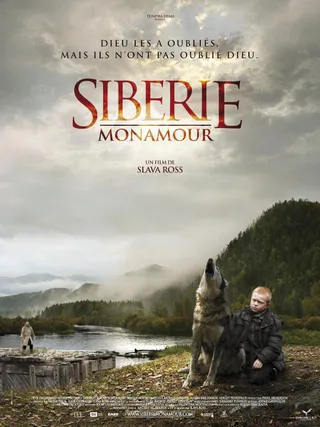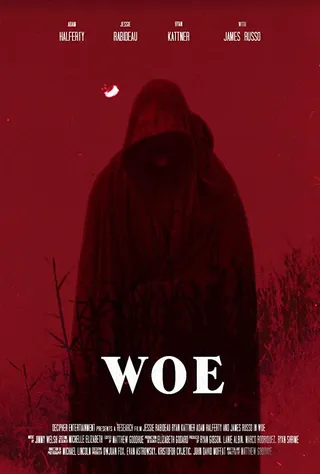艾尔西与棕色兔
Elsie and the Brown Bunny (1921)
电影
英国
无对白
短片
奇幻
This is unusual advertisement for Cadbury's. It shows that men dressed in animal suits were popular publicity tools for the company over 80 years before the famous drumming gorila entered the national..
查看全部
This is unusual advertisement for Cadbury's. It shows that men dressed in animal suits were popular publicity tools for the company over 80 years before the famous drumming gorila entered the national consciousness in 2007. Borrowing heavily from Alice's Adventures in Wonderland, the film sees Elsie dozing off after snacking on a box of Cadbury's chocolates and reading Lewis Caroll's novel. Instead of white rabbit, she dreams of a brown bunny ("Of course Im brown - I belong to Bournville - where the chocolate comes from"), who whisks her away on a steam engine to the "Factory in the Garden". Their Willy Wonka-style tour takes in the chocolate factory and the surrounding Bournville estate. The factory opened in 1879 - in 1893 George Cadbury bought more land in Bournville which would become a model village, housing much of the workforce. Like their rivals, Fry's of Bristol and Rowntree's and Terry's of York, the Carduburys were Quakers, and there were no pubs in the estate - as alcohol was percived to cause immoral behaviour and damage to society in the Victoria era, cocoa drinks were seen as a tasty alternative. The wellbeing of his workers was a major concern for Cardbury, and we see the recreational activities available to workers, as Elsie and her companion visit the men's tennis courts, a full size cricket pitch and women's exercise display in progress. We also observe women at work packing the chocolates - Cadbury's were a major employer of women, and when they left to marry they would be presented with carnation and a bible.
Elsie is played by Gwendolen Tremayne - little is known about her acting career, although there is a record of 'Gwen Tremayne" having a small role in Fate's Plaything (1920), a Dutch-British production made the year before Elsie and The Broen Bunny.
导演:
编剧:
主演:Gwendolin Tremayne
